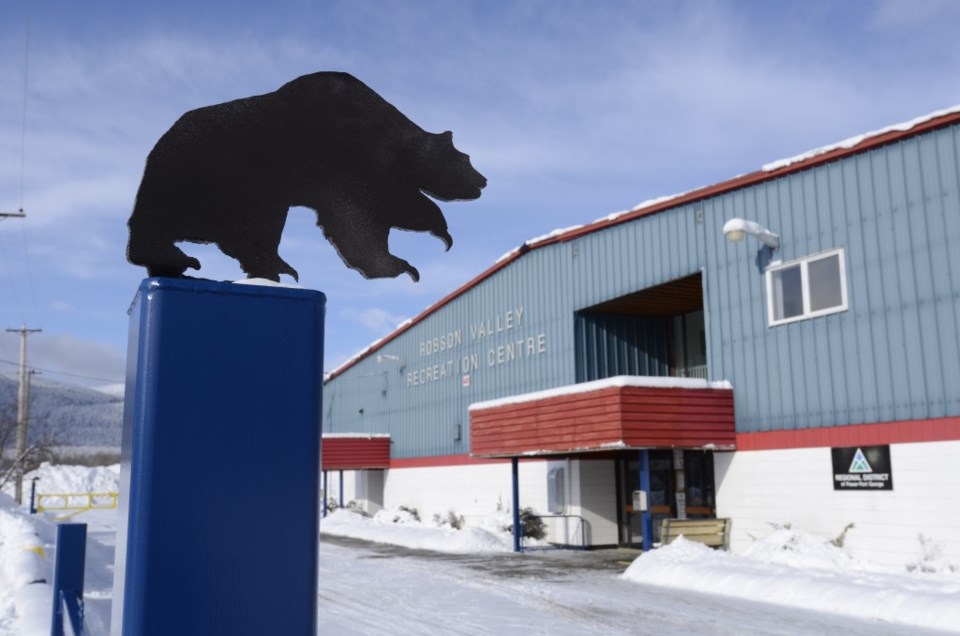The Regional District of Fraser-Fort George approved $1.17 million to upgrade and modernize the refrigeration systems at two regional arenas on Thursday.
The district board approved spending $861,530 to upgrade the Robson Valley Recreation Centre in McBride and $310,300 to upgrade the Canoe Valley Recreation Centre in Valemount. More than $587,000 of the cost of the projects will be covered by grant money from the provincial and federal governments, through the Rural and Northern Communities Investing in Canada Infrastructure Program, with the bulk of the remainder coming from the Northern Capital and Planning Grant.
The district board awarded the contract for the work to Prince George-based Yeti Refrigeration Inc.
“This is an important upgrade that will improve operating costs in the long run,” district director Dannielle Alan said. “We were having really hard conversations about if we could continue to operate. It’s really tough for our small communities to make those decisions.”
Alan, who represents district electoral area H where both facilities are located, said it is difficult for small communities to afford the upkeep on amenities like ice rinks, but those amenities are important to attracting and retaining residents.
Engineering consultant Ian Welle, of Polar Engineering, said modernizing the refrigeration systems should result in a 10 to 15 per cent energy savings at the arenas, reduce the amount of dangerous ammonia coolant by up to 85 per cent, comply with new Technical Safety BC requirements, and eliminate the need for the cooling plants to be monitored in person 24-hours a day. The current plants in both facilities are more than 20 years old and nearing the end of their useful life.
“It will decrease the amount of money you spend each year to operate these facilities,” Welle said. “(And) we’re replacing the capacity with like-for-like. You should have as good or better ice.”
Welle said the upgrades should end up saving the regional district roughly $95,000 per year in maintenance, energy and other operational costs.
District general manager of community services Michael Higgins said the biggest savings will be in the reduced staffing requirements.
Maintaining the number of power engineers and refrigeration technicians necessary to operate the facilities 24-hours a day is “a significant staffing challenge,” in the small communities, Higgins said. The training necessary can cost $3,000 to $10,000, and turnover has been high.
While the new plants can be remotely monitored, Higgins said the current plan is to maintain a few qualified people who can do maintenance and troubleshooting on site.
A timeline for the projects wasn’t immediately available.



